St.Kliment’s First Ever Christmas Production!!
….On 28th November 2025, St. Kliment School joyfully closed the term with our very first Christmas production, a truly special
St. Kliment Ohridski International School is a thriving institution that celebrates diversity, nurtures young minds, and fosters creativity.
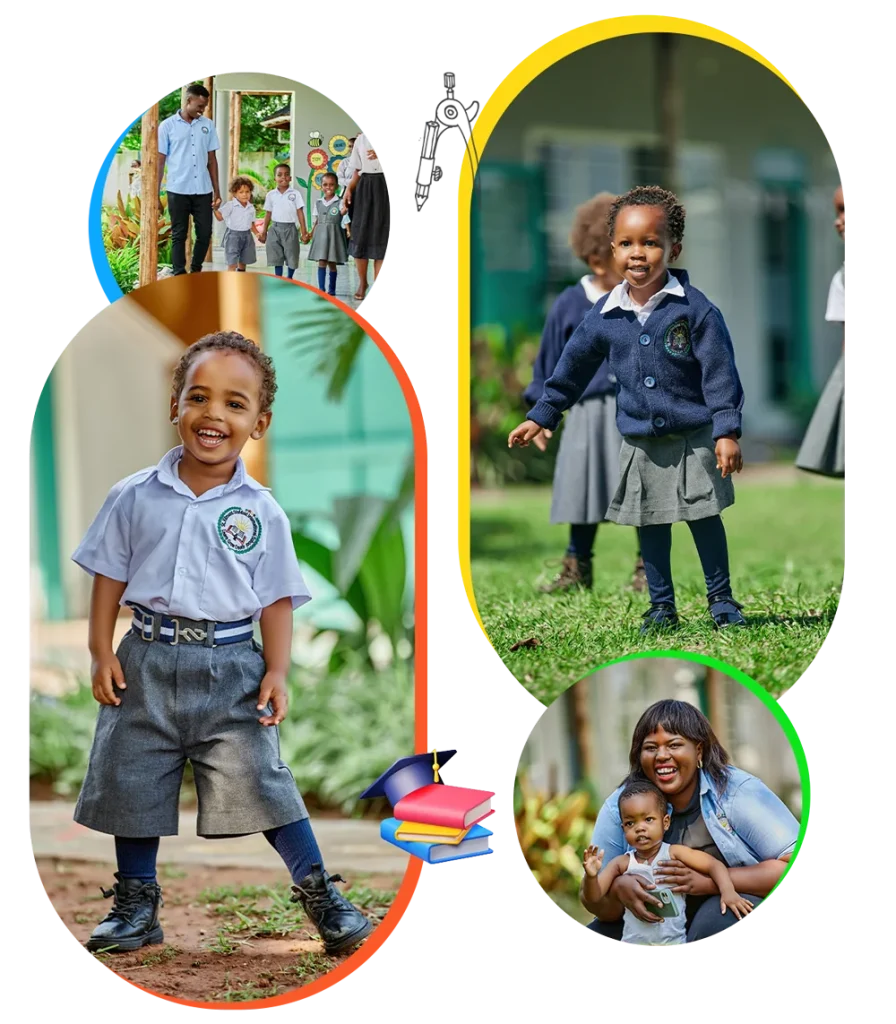
At St. Kliment Ohridski International School, we believe education is more than lessons in a classroom it’s about nurturing the whole child.
Since our founding, we’ve grown into a thriving international school in Gulu, welcoming students from across Uganda and around the world. Rooted in Christian values, we provide a safe, loving environment where every child is seen, supported, and inspired to reach their potential.
Driven by their desire to provide their child with a nurturing and inclusive learning environment, Mr. Anton Tonev and Mrs. Peace Toneva decided to take matters into their own hands. They founded St. Kliment Ohridski International School with a mission to create a community that celebrates diversity, fosters creativity, and upholds academic excellence.
At St.Kiliment Ohridski International School, we are committed to providing a safe, inclusive, and engaging learning environment that prepares children for success in school and beyond. We believe that every child deserves to feel valued, respected, and supported as they grow and develop.
To raise a generation of confident, compassionate, and globally minded leaders who live out Christian values and transform their communities.
Unlock your full potential with education tailored to your personal aspirations. Learn, grow, and achieve success.
Individualized learning empowers students to progress at their own pace and according to their unique learning needs.
Child development is central to our kindergarten services, fostering growth in cognitive, social, emotional, and physical skills.

Safety and care are at the heart of our kindergarten services. We provide a secure, nurturing environment with child-friendly facilities.
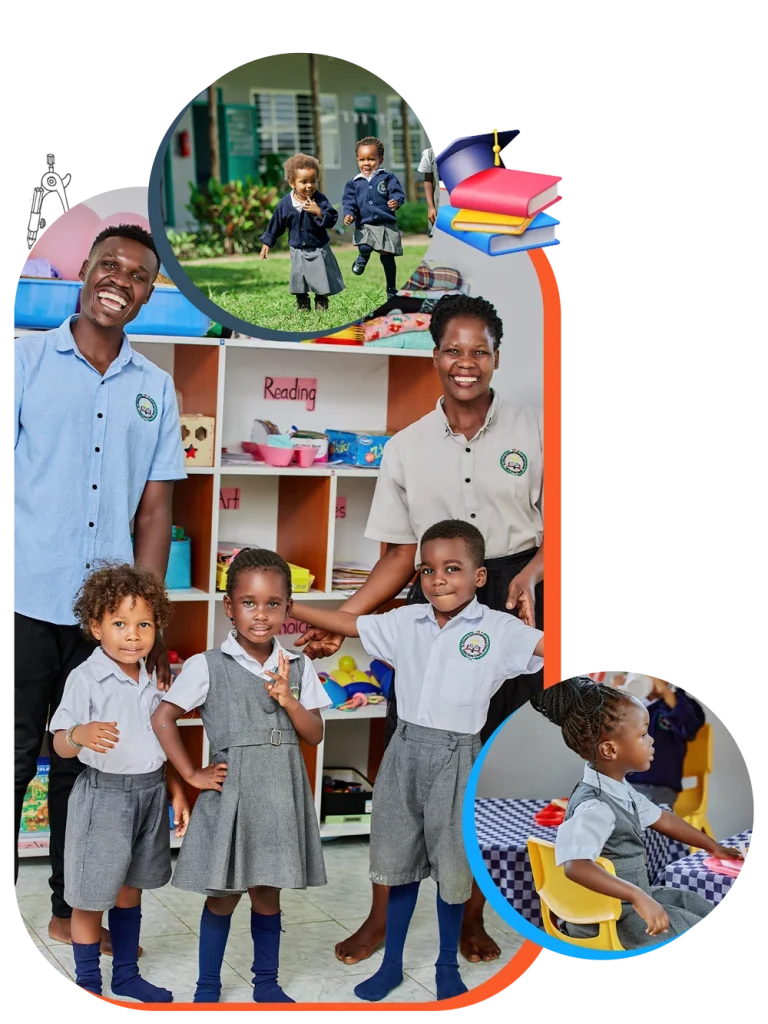
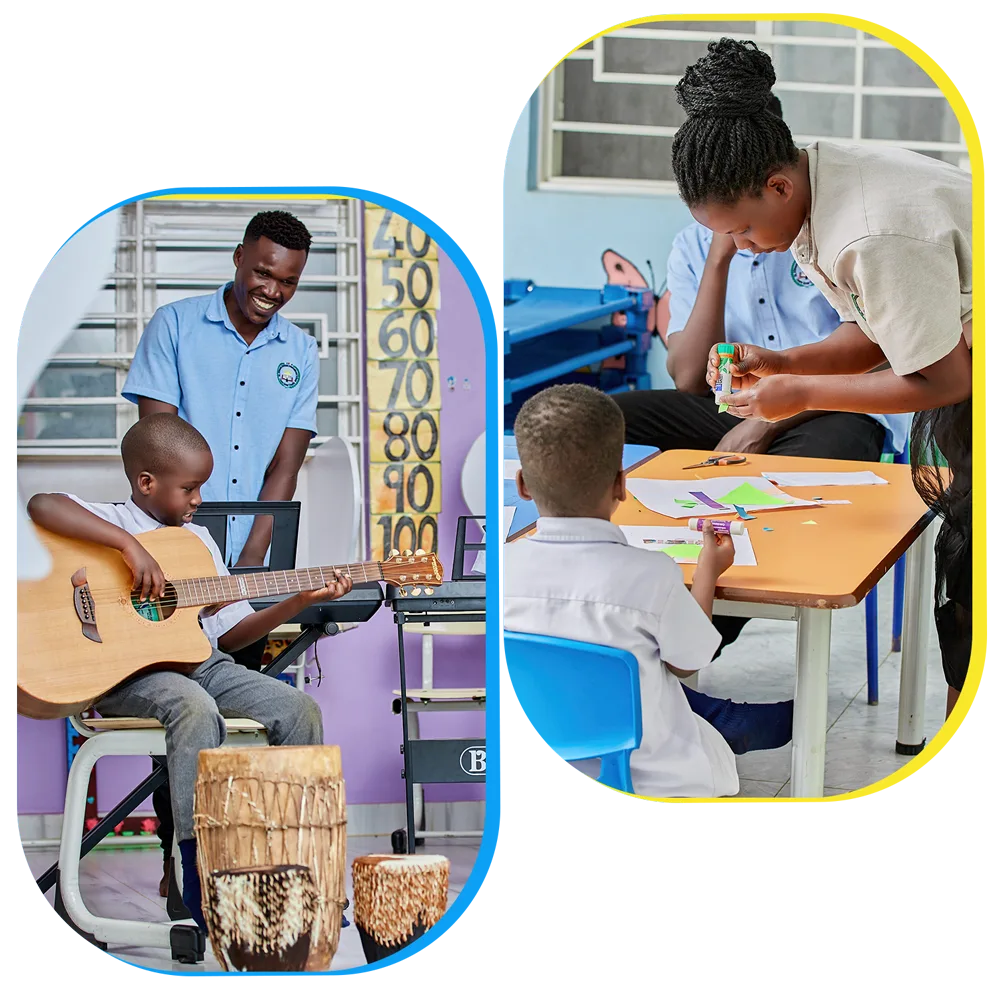
Internationally recognized. Faith-based. Tailored to your child’s pace. We use the Accelerated Christian Education (A.C.E.) Curriculum, a world-renowned program designed to meet each student at their level.
Our school offers a variety of additional activities to enhance students’ skills and interests. These include Public Speaking and Debate, where students can also learn to play musical instruments such as the piano and guitar, participate in Junior Baking, and gain Basic Catering skills.
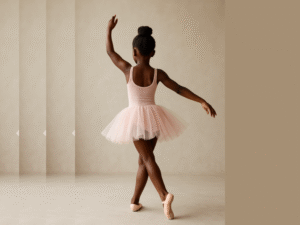

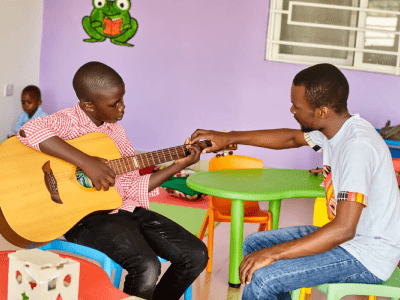

….On 28th November 2025, St. Kliment School joyfully closed the term with our very first Christmas production, a truly special
On 15th October 2025, St. Kliment School hosted a fun-filled Cowboy & Cowgirl–themed half-term party that brought the spirit of the
On 27th June 2025, St. Kliment School celebrated the half-term holidays in style with a vibrant Caribbean-themed Summer Beach Party
We held our second edition of our yearly parent fellowships, Ms. Martha Mpanga from Zion Christian international School was the
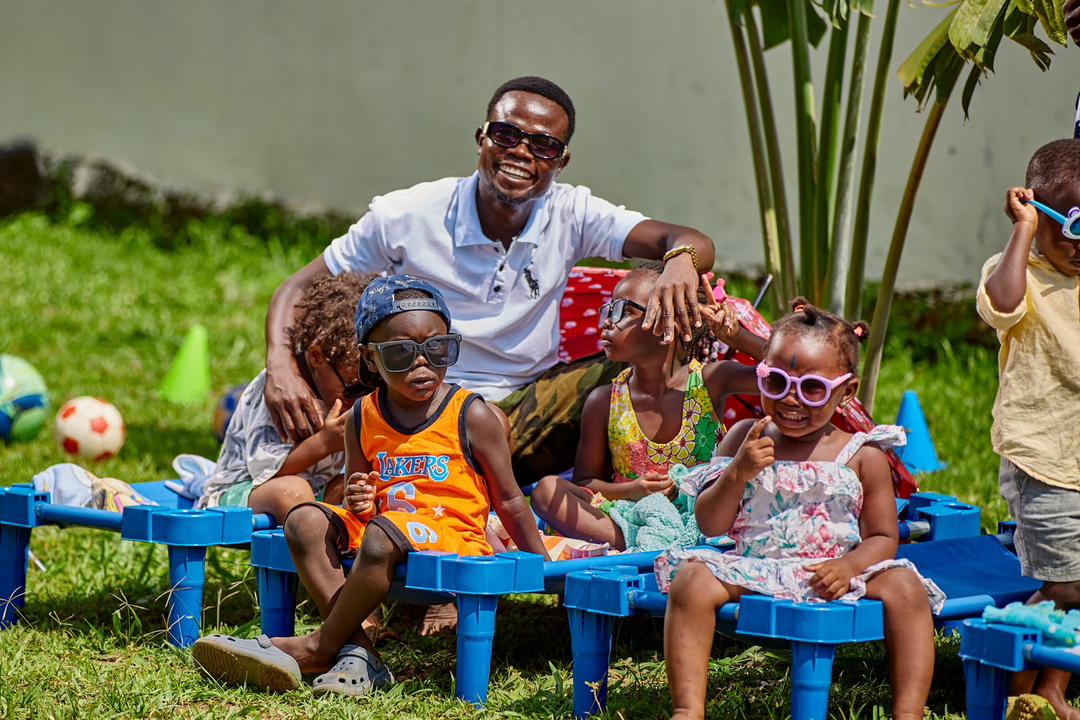
Empowering young minds to dream, explore, and shape their future. The atmosphere at St. Kliment Ohridski International School buzzed with
Here, your child doesn’t just earn grades — they gain confidence, character, and critical life skills that prepare them for success in Uganda and anywhere in the world.
St. Kliment Ohridski International School is a thriving institution that celebrates diversity, nurtures young minds, and fosters creativity.